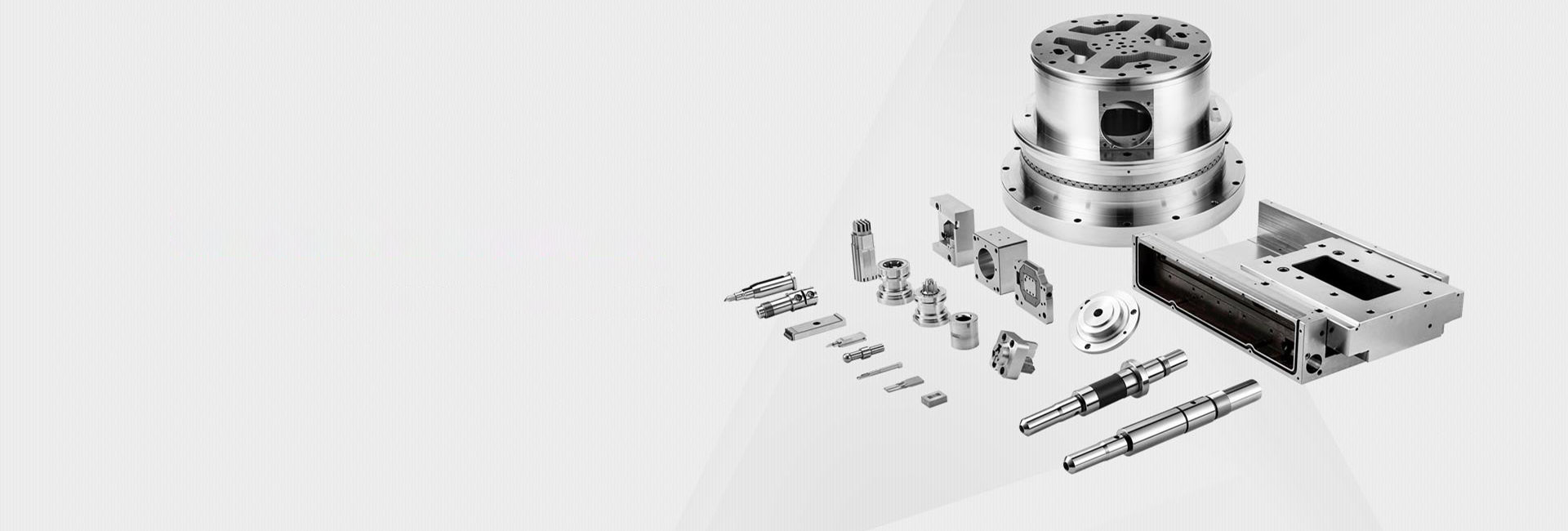How to Choose a Reliable CNC Machining Supplier for High-Volume Precision Parts
Feeling the pressure? 🤯 You need thousands of parts, and they all have to be perfectly identical. One mistake, and your entire production line could face costly delays. Finding a partner for high-volume CNC machining isn't just about price; it's about trust, consistency, and scale. So, how do you separate the truly reliable suppliers from the rest? Let's break it down.
What Really Matters in a High-Volume CNC Partner?
When you're ordering not just tens, but thousands of parts, the game changes completely. It's not just about making one good sample. The core things you need to look for are:
Consistency is King: Can they produce part #10,001 that is virtually identical to part #1? This is the biggest challenge in mass production.
Production Capacity & Scalability: Do they have enough machines and staff to handle your order without becoming a bottleneck for your business?
Robust Quality Control Systems: A "quick check" now and then won't cut it. You need a supplier with a systematic, documented process for checking parts throughout the production run.
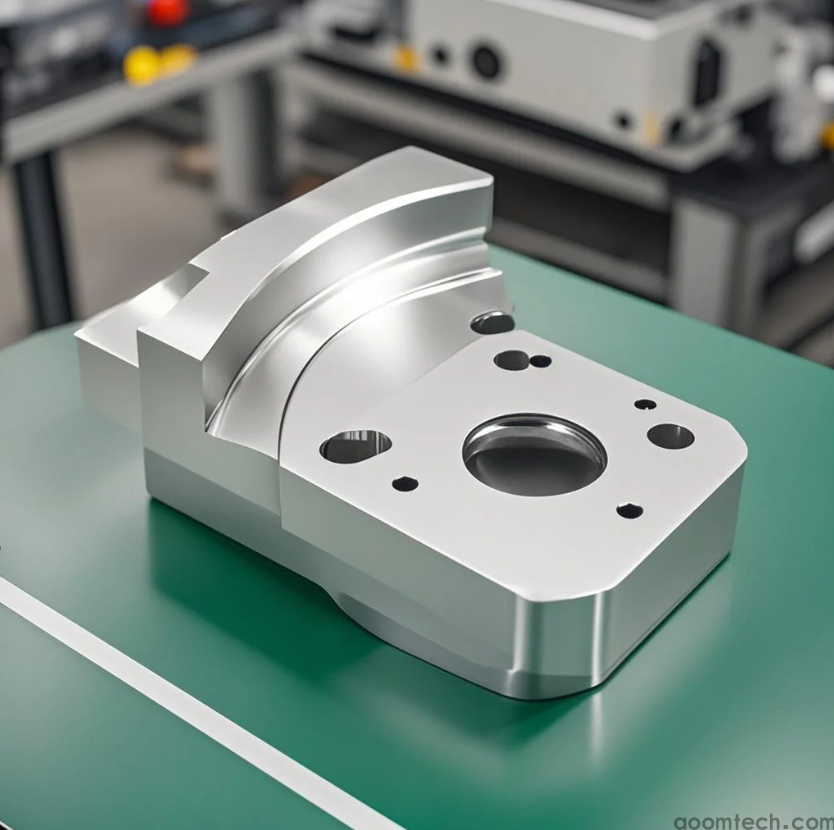
Key Questions to Ask Before You Commit
Don't be shy. Asking the right questions upfront saves a world of pain later. Here are some I always use:
➤ "Can you walk me through your quality control process for a long-running job?" Listen for specifics, not vague promises.
➤ "What is your typical capacity utilization, and how would you plan for a sudden order increase?" This tests their scalability and planning.
➤ "What is your protocol if a batch of parts fails inspection mid-production?" Their answer perhaps reveals their problem-solving maturity and commitment to transparency.
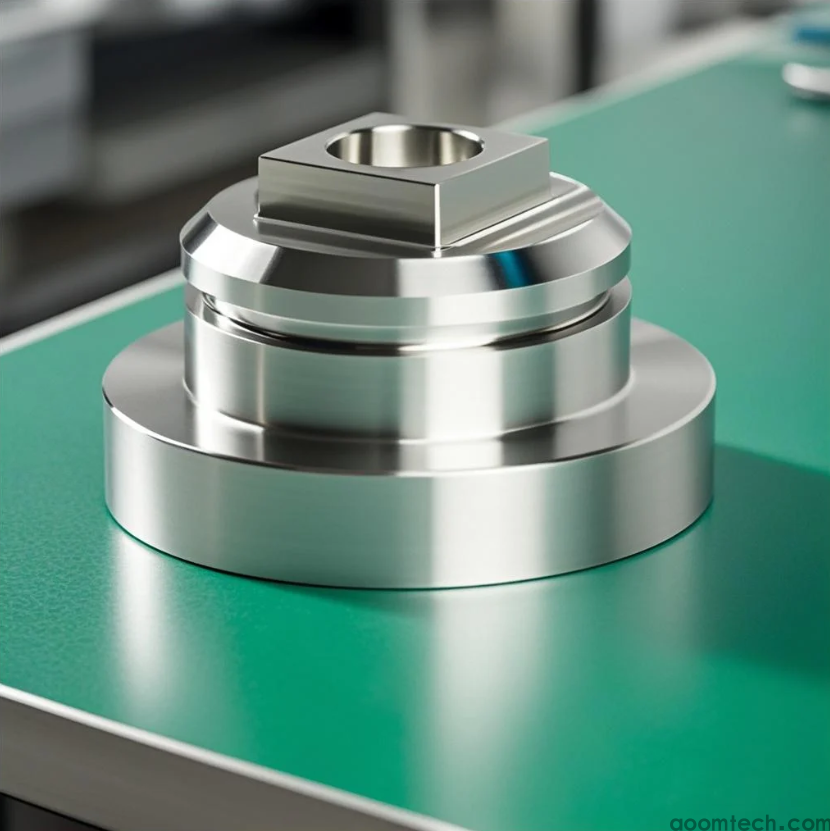
The Hidden Factor Everyone Overlooks: Communication Rhythm
We often focus on machines and tolerances, but a broken communication channel can sink a project faster than a technical flaw. A good supplier for large orders doesn't just wait for you to call.
They establish a regular update schedule—maybe a weekly summary email or a bi-weekly call. This proactive approach builds trust and ensures small issues are caught before they become disasters. I've found that suppliers who are organized in their communication are usually organized on the shop floor, too.
That said, the specific way different teams synchronize their data internally is a bit of a knowledge gap for me; I just know the result when it's done well.
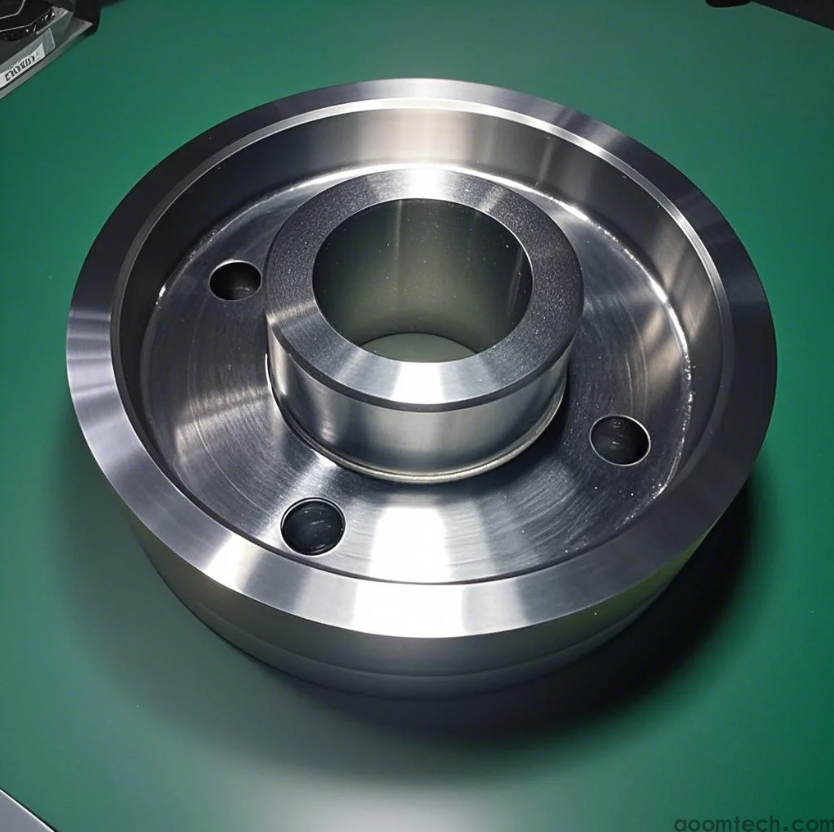
Beyond the Quote: Understanding the True Cost
It's tempting to just pick the lowest price per part. But wait! 🛑 A slightly higher price might include crucial value-adds.
For instance, does their quote include:
• First-article inspection reports?
• In-process quality checks?
• Final statistical process control data?
• Proper packaging designed to prevent damage in transit for large quantities?
Getting these details included from the start often saves money and headaches compared to a bare-bones quote where everything extra costs more. However, it must be said, sometimes a simple job really does just need the lowest price, so you have to judge based on the part's criticality.
Ultimately, the right partner feels like an extension of your own team. They anticipate problems, communicate clearly, and deliver not just parts, but peace of mind. The data from your first trial order will tell you more than any sales pitch ever could.
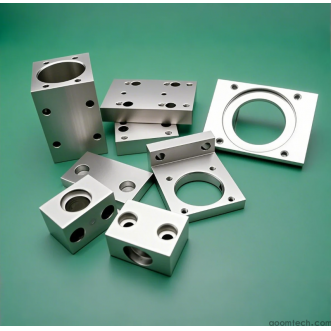 How is the price calculated fo
How is the price calculated fo
 How Does a High-Precision CNC
How Does a High-Precision CNC
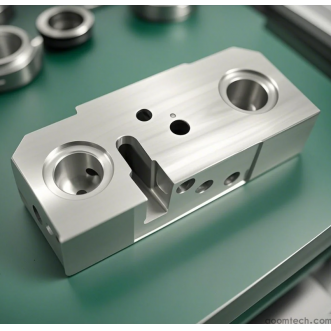 What Factors Affect CNC Machin
What Factors Affect CNC Machin
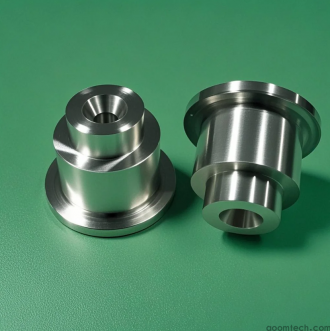 How to Choose a Supplier for C
How to Choose a Supplier for C

